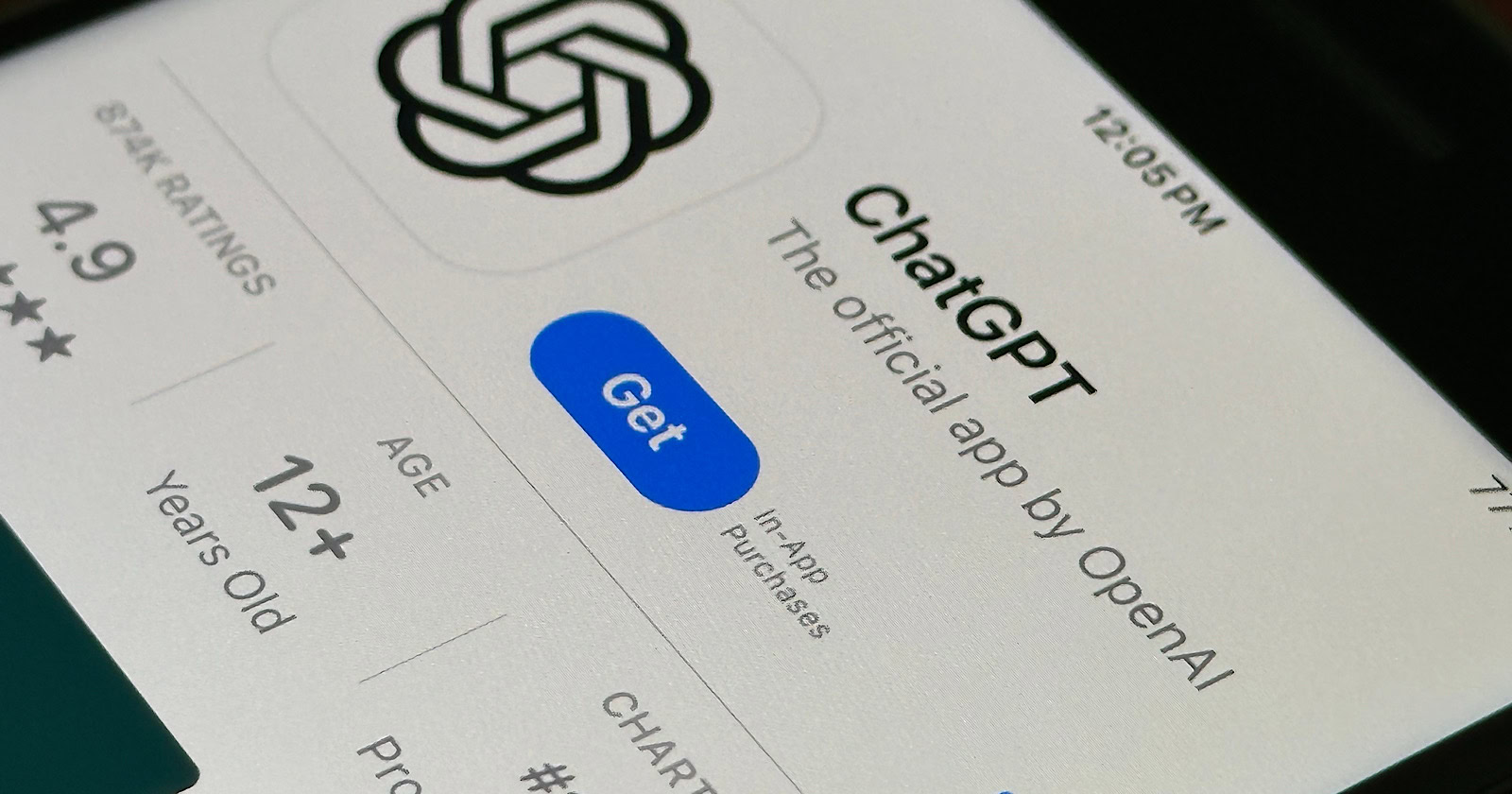A study by the Data Provenance Initiative, a collective of independent and academic researchers dedicated to data transparency, reveals a mismatch between ChatGPT’s training data and its typical use cases.
The study, which analyzed 14,000 web domains, found that ChatGPT’s training data primarily consists of news articles, encyclopedias, and social media content.
However, the most common real-world applications of the tool involve creative writing, brainstorming, and seeking explanations.
As the study states,
“Whereas news websites comprise nearly 40% of all tokens… fewer than 1% of ChatGPT queries appear to be related to news or current affairs.”
Diving deeper into usage patterns, the researchers analyzed a dataset called WildChat, containing 1 million user conversations with ChatGPT. They found that over 30% of these conversations involve creative compositions such as fictional story writing or role-playing.
This mismatch suggests that ChatGPT’s performance may vary depending on the specific task and its alignment with the tool’s training data.
Marketers should know that ChatGPT might struggle to generate content based on current events, industry-specific knowledge, or niche topics.
Adapting To ChatGPT’s Strengths & Limitations
Knowing what ChatGPT is trained on can help you align prompts with the tool’s strengths and limitations.
This means you may need to add more context, specify the desired tone and style, and break down complex tasks into smaller steps.
For AI-assisted content creation, leverage ChatGPT for tasks like ideating social posts or email subject lines. Reserve human expertise for complex, industry-specific content.
Use effective prompt engineering to optimize output. Always fact-check and edit AI-generated content to ensure quality.
AI tools can accelerate ideation and content creation but don’t expect perfection. Human review is essential for accuracy, brand consistency, and channel-specific copy.
Looking Ahead
This research highlights the need for marketers to be careful with AI tools like ChatGPT.
Understand what AI can and can’t do and combine it with human expertise. This combo can boost content strategies and help hit KPIs.
As the field evolves, we might see AI tools better tailored to real-world usage patterns.
Until then, remember that it assists but doesn’t replace expert judgment.
Featured Image: Emil Kazaryan/Shutterstock





![AI Overviews: We Reverse-Engineered Them So You Don't Have To [+ What You Need To Do Next]](https://www.searchenginejournal.com/wp-content/uploads/2025/04/sidebar1x-455.png)